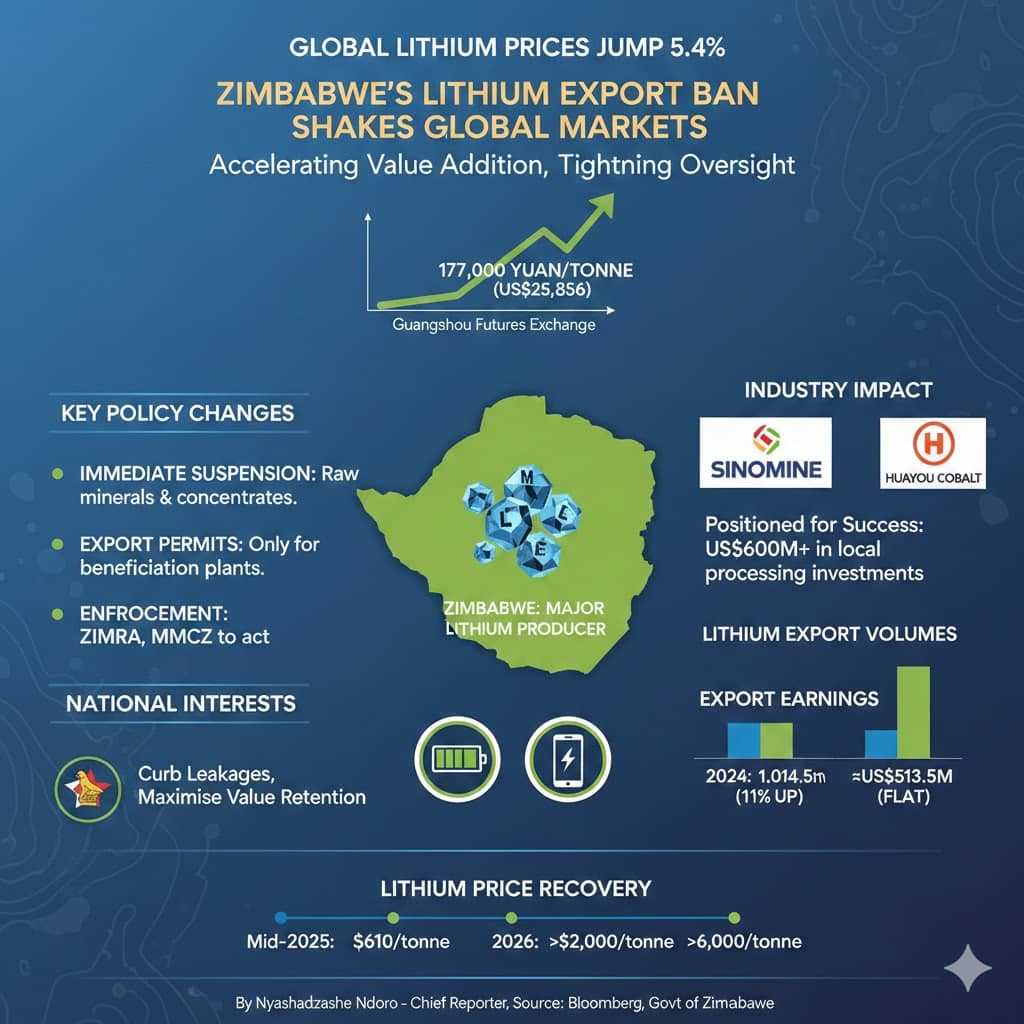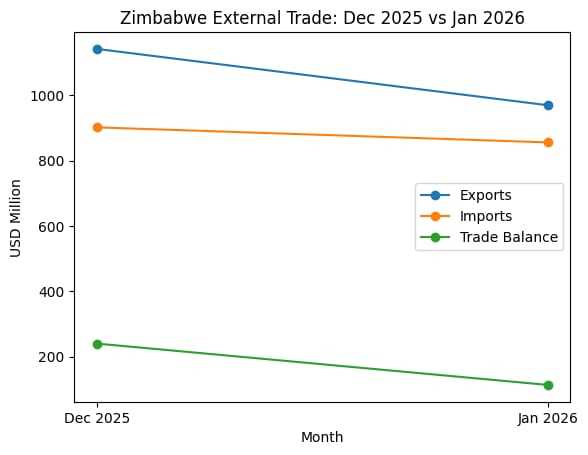
- · Zimbabwe has had a lithium rush, with Chinese companies making multimillion-dollar acquisitions to secure lithium supplies amid worldwide race to go green
- · Analyst says future shortages of battery metals may raise cost of electric vehicles, or curb production, ‘as we’ve seen with the semiconductor shortage’
A major plant owned by China’s biggest cobalt refiner Zhejiang Huayou Cobalt that will process lithium in Zimbabwe will be completed by the end of the year and will deliver its first batch of lithium early next year.
The Shanghai Stock Exchange-listed battery maker bought Arcadia hard-rock lithium mine from the Australian-listed Prospect Resources and Zimbabwean minority stakes in December for US$422 million.
Huayou Cobalt, which is a global renewable energy giant with an interest in the manufacture of batteries, said it was investing US$300 million to develop the mine with an aim to expand production for the electric vehicle (EV) market.
“Commercial production at our Arcadia Lithium project will start in the first quarter of 2023,” a Huayou Cobalt spokesman said.
The Zimbabwean mine, which is just outside the capital Harare, is considered one of the world’s largest hard rock lithium resources. Lithium, a silvery-white metal, is in high demand as an essential raw material for the lithium-ion rechargeable batteries that power electric vehicles or solar panels to store solar energy, as more countries move to cut their carbon footprint.
Huayou Cobalt said it was undertaking feasibility studies to see if it could improve and add value to the lithium product locally before it was exported.
“We are mindful, though, that a number of conditions and requirements are needed to undertake battery production, and these are not yet available in Africa in general, and Zimbabwe in particular,” a spokesman said in emailed responses.
When Huayou Cobalt was awarded the contract, one of the conditions from the Zimbabwean government was that the firm would process the mineral locally to make lithium-ion batteries. However, the company said in the first phase it would process first-line products of spodumene and petalite [lithium concentrates]. These would be processed as concentrates and exported.
“We are not going to export raw ore,” Huayou Cobalt said.
“Lithium is one of many inputs needed for the production of batteries – and we do not enjoy access to all others at the same time. In phase two of our work here, we are targeting production of lithium sulphates, and that is as far as we can see feasible under local conditions as of now,” the miner said.
In 2019, the Zimbabwean government set an ambitious target to more than quadruple the mining sector’s revenue to US$12 billion by 2023. Further, it estimates it will earn US$500 million from lithium exports, starting next year. Last year, it received US$5.7 billion from mineral exports, up from US$3.2 billion the previous year.
Huayou Cobalt told Xinhua this month it would be “mining 4.5 million tonnes of ore that will be processed to produce around 400,000 tonnes of concentrate and that concentrate will all be exported”.
Xinhua quoted Trevor Barnard, deputy general manager of Prospect Lithium Zimbabwe as saying Zimbabwe, with its significant lithium resources, played an important role in the lithium value chain and, by extension, in the renewable energy value chain.
At its peak, Huayou Cobalt said it would employ 1,000 workers directly, most of whom would be Zimbabwean.
“Our project, however, is creating hundreds of jobs upstream and downstream and more importantly benefiting local people whom we have prioritised for employment opportunities,” Huayou Cobalt said, adding that it was creating jobs directly and indirectly in Zimbabwe’s big mining industry.
Related Stories
In the recent past, Zimbabwe witnessed a lithium rush, with several Chinese companies making multimillion-dollar acquisitions to secure lithium supplies amid the worldwide race to go green. Zimbabwe is said to possess Africa’s largest lithium reserves and the fifth largest in the world.
However, the resource has remained largely untapped because of a lack of investment in the country, which two decades ago was slapped with sanctions by Western nations over human rights violations and the seizure of land from white farmers.
Besides Huayou Cobalt, state-run China Nonferrous Metal Mining Group announced in February it was also acquiring a lithium project in Zimbabwe. Through its subsidiary Sinomine Resource Group, it paid US$180 million for Bikita Minerals, the country’s oldest lithium producer.
Also last year, Shenzhen-listed lithium materials producer Chengxin Lithium Group spent US$77 million on a deal including mining rights in the largely unexplored Sabi Star lithium tantalum mine project in eastern Zimbabwe, which it described as “an attractive investment destination for Chinese new-energy companies” looking to increase lithium reserves.
The Democratic Republic of Congo has also emerged as a key source of raw materials for EV batteries. It is the world’s largest source of cobalt, which is an essential component of batteries for electric vehicles, smartphones, tablets and laptops. China, the world’s largest lithium-ion battery maker, sources most of its cobalt from the DRC, which supplies more than 70 per cent of the world’s cobalt.
Martin Jackson, a senior analyst for battery metals at the commodities consultancy CRU Group, said securing raw materials for battery and EV production had become critical in supporting vehicle OEM [original-equipment manufacturer] strategies.
“Without this, shortages in the future may disproportionately increase the cost of producing electric vehicles, or restrict production, as we’ve seen with the semiconductor shortage,” he said.
However, initially, when the Zimbabwean lithium hits the market next year, it will have limited impact, according to Jackson.
“Its capacity will be less than half a per cent of production next year and it will also take time to ramp up production,” he said.
Chris Berry, president of commodities advisory firm House Mountain Partners in New York, said China had proven to be agnostic when it came to the geographic source of lithium or other battery metals.
“Given the geopolitical tension between both the US and EU and China, it makes sense that Chinese investment in battery metals would flow to other parts of the world, such as Zimbabwe,” Berry said.
He said lithium sourced from Zimbabwe was not likely to have a material effect on the lithium market, but any battery-grade lithium that could be produced in coming years would be much needed.
“It really doesn’t matter whether we are talking about lithium or cobalt, but the Chinese will dominate cobalt production in the DRC for many years to come.”
This article first appeared on South Morning China Post

















Leave Comments